Most items you purchase are covered by some form of warranty. The warranty may not be explicitly stated, but the warranty is still offered.
When it comes to consumer products, there are two types of warranties: Expressed and implied.
Expressed warranties are those that are clearly stated. These warranties may be printed on the product itself, discussed in a paper provided with the product, and more. The expressed warranty is very specific. Implied warranties cover the goods to a specific value, but only with a base level of protection.
If you are injured by a product, it is important that you understand how these warranties apply, and if the warranty affects your claim.
What is an Expressed Warranty?
Expressed warranties (also referred to as express warranties) come in numerous forms. They may be spoken or written, but they guarantee that the product you purchased will meet a specific level of quality. If the product does not meet that quality threshold, the manufacturer will replace or fix the product at no charge. Most express warranties come on the product, such as printed on the side of the packaging or the paper provided with the product.
Verbal express warranties are those given by the sales professional. For example, you purchased a vehicle and the car salesman tells you that the car is guaranteed to run for 50,000 miles. If the vehicle fails before that mark, you may have a claim. However, verbal warranties are much harder to prove than written express warranties.
What is an Implied Warranty?
When you purchase a product, you expect that product to work as it is marketed, and that it will be safe. If the product fails to meet this standard, it is a breach of warranty. For example, you purchased a new product that had a manufacturing defect, which caused an injury. The manufacturer is in breach of the implied warranty because they provided you with a faulty product.
For a product to be in breach of warranty, it must:
- Fail to conform to federal standards for safety and compliance.
- Fail to be uniform in quality and quantity.
- Fail to be considered “fit” for the purpose of use for which it is marketed.
- Fail to meet specifications listed on the product label.
- Fail to have proper labeling.
Have You Been Injured By A Defective Product?
If you or a loved one has been injured due to a faulty product you need to speak with an experienced defective product attorney as soon as possible. Please contact us online or call our office directly at (800) 234-9556 to schedule your free consultation.





.2410171551550.png)
